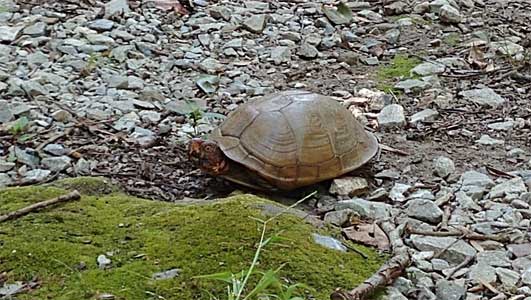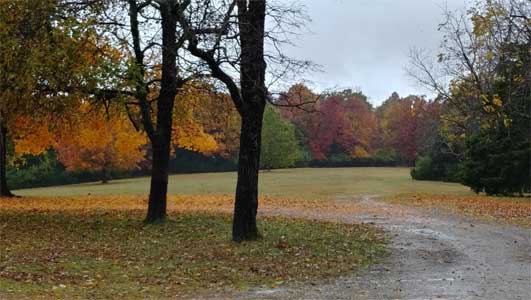Markham Hill Plans Won't Help the Turtles
|
Community Radio show aired on KPSQ 97.3 FM: |
Copy of Joe Neal's editorial in the Northwest Arkansas Democrat Gazette on August 10, 2018.
A letter in the paper for Aug. 4, "Efforts needed to save nature on Markham Hill" by Lisa Orton, was timely. Pratt Place-Markham Camp was listed in the Arkansas Register of Historic Places in 1999. Part of the reason for the listing was that the property served as a summer camp for boys and girls from 1900 to 1941, but that's just part of its legacy.
Markham Road, which leads directly from campus to the hill, was once home of John and Lucile Sealander. John was a long-serving professor in what is now the Department of Biological Sciences, a fundamentally decent person who is now best remembered for his book, "Arkansas Mammals." Lucile was well known around Fayetteville for her generous care of injured turtles. She and Dr. Sealander worked together on turtle conservation issues in Arkansas.
One thing not widely understood about impacts of development like that now proposed for Markham Hill is that populations of wild animals, like our familiar three-toed box turtles, suffer direct negative consequences, and I don't mean those associated with being run over by bulldozers. Entire populations of these animals are destroyed.
One of Dr. Sealander's colleagues, Professor Kimberly G. Smith (who passed this April), had an undergraduate honors student who did a research project on Markham Hill that involved finding box turtles and figuring out their home ranges. From this research it was possible to determine with a reasonable degree of accuracy the extent of the turtle population then on Markham Hill. It was obvious that as the human population of Fayetteville was growing by leaps and bounds, Fayetteville's turtle population was being increasingly squeezed and restricted to remaining islands of suitable habitat -- places like Markham Hill.
Joy Markham lived on the hill until her death in 1976. Her sister, Evangeline Archer, lived also on the hill next door. Through their efforts, most of the hill -- including its original wild inhabitants like box turtles -- was protected from the development frenzy that has now become the new normal in Fayetteville and generally throughout Northwest Arkansas. We are poorer without the likes of John and Lucile Sealander, Joy Markham, Evangeline Archer and many others. Fayetteville and the University of Arkansas campus has long been a healthier place for both people and wild animals like box turtles on a Markham Hill without all the modern amenities now proposed.
How we deal with a future Markham Hill has a lot to say about a future Fayetteville. And finally, since Lucile Sealander isn't here to make the point, what about the turtles? If turtles are expendable now, how long can it be before we, too, are expendable?

